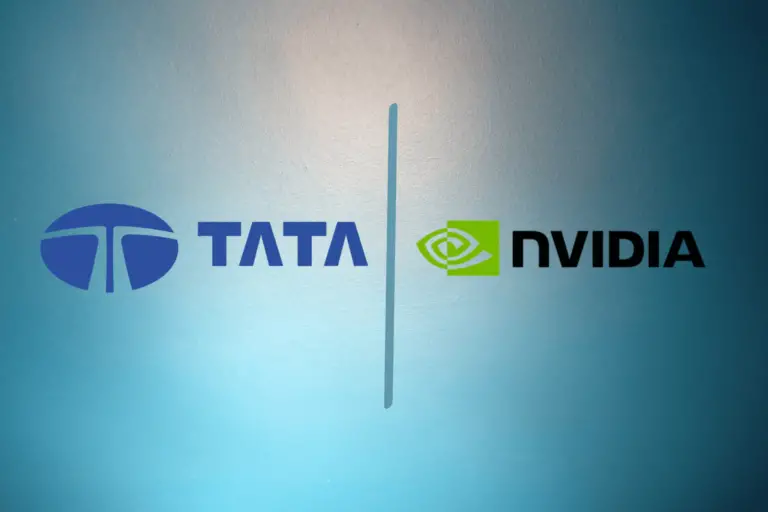
Central Bank’s Shocking Warning: AI-Driven Cryptocurrency Scams on the Rise in the Philippines
Some bitcoin scams use deepfakes to trick people on social media, according to the Central Bank of the Philippines.
Scammers have recently started using AI to make fake movies that they share on social media sites to make their scams look real.
Deepfakes like these are often used to trick people by making wrong things look like they happened with groups like the BSP and their employees. Defaming the BSP or its employees in the Philippines is against the law, according to the country’s central bank.
The BSP warned people to be careful and not give out their personal information to people they don’t know in order to avoid falling for these kinds of scams. People should make sure that messages that seem to come from BSP officials are real, says the central bank.
An alert from the BSP comes at a time when crypto scams on social media are on the rise. People are usually tricked into these scams by promises of high rates of return on their investments.
Other famous people and businesses have also been involved in the Tesler Code scam.
Notable Involvements and International Impact
One of the largest companies in the Philippines, the Ayala Corporation, said that its head, Jaime Augusto Zobel de Ayala, has nothing to do with the project. The company said that some people have pretended to be from big companies and famous people to get people to fall for the scam.
The BSP’s warning came out because more and more people on social media are falling for scams involving bitcoin. An important part of these scams is that they get people to spend by telling them they will get a lot of money back.
According to reports, three Canadian men lost hundreds of thousands of dollars by watching videos of celebrities promoting a cryptocurrency investment scam.


